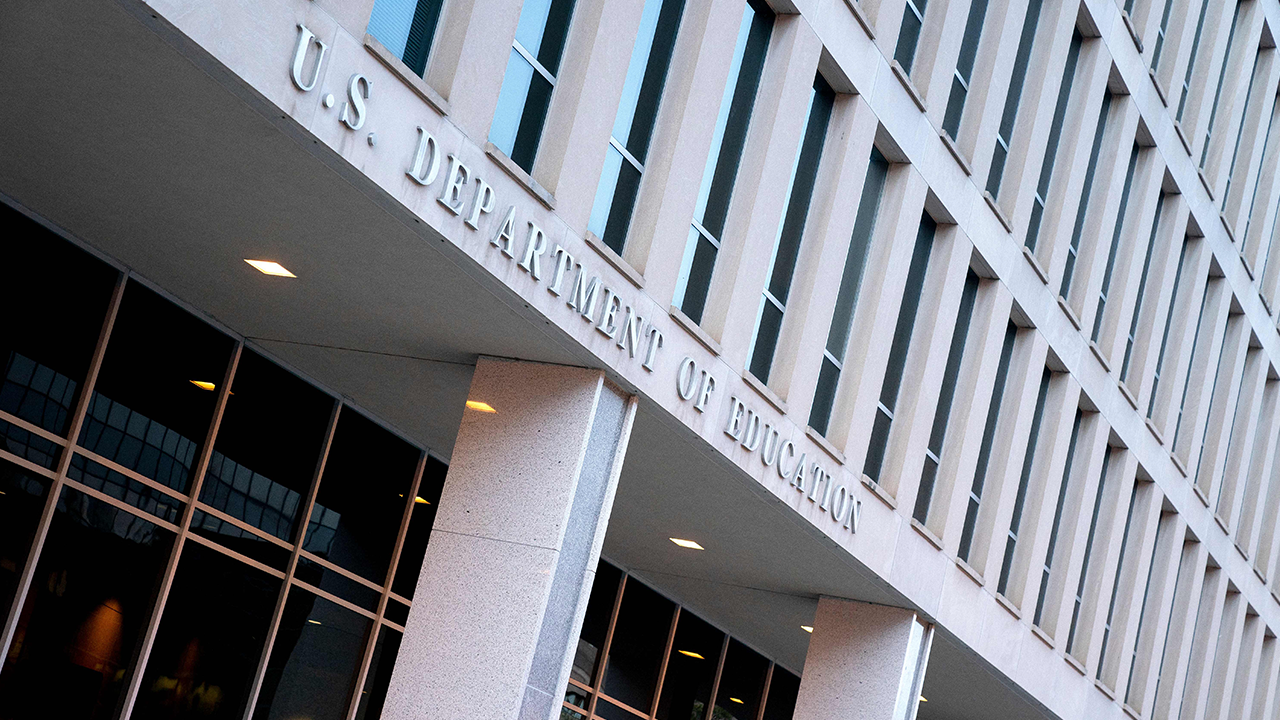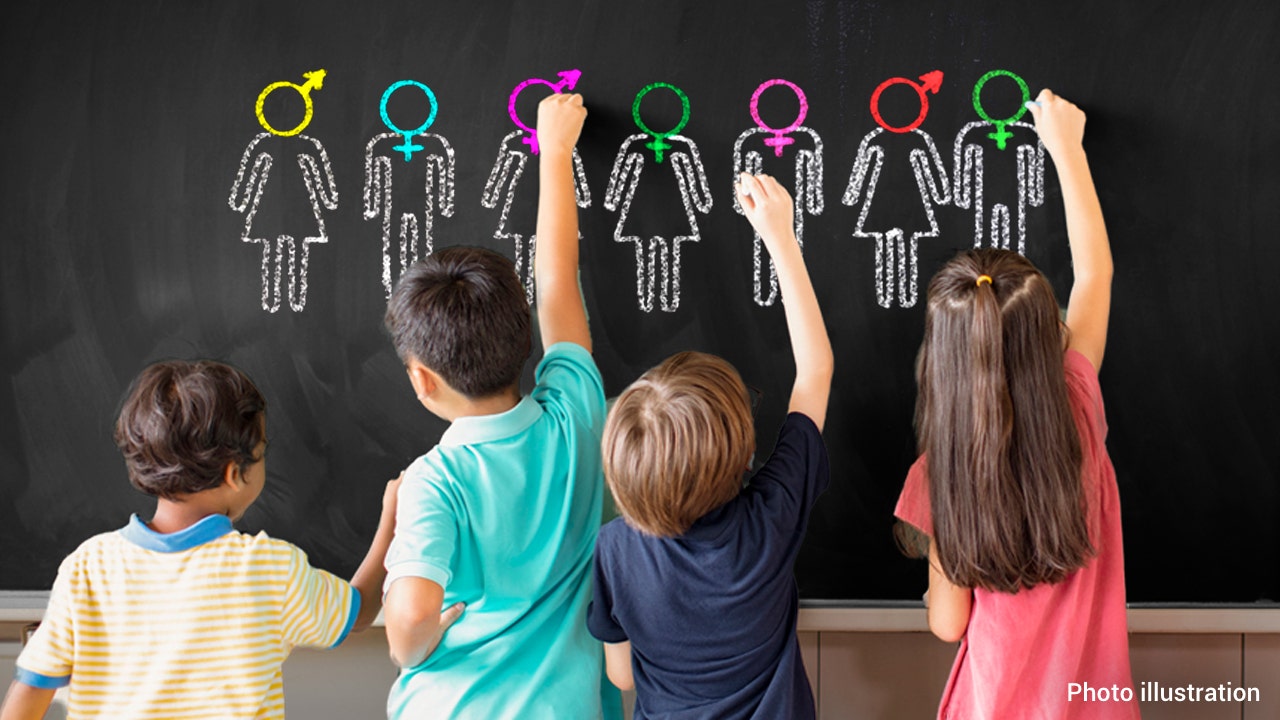Article after article recently indicate that the Supreme Court is facing declining approval and is even being called “illegitimate.” But despite a drop in its ratings after the Dobbs decision, the Supreme Court remains the most popular branch of government outside of the military. It’s down but not out by any means.
And the attackers of the Court represent institutions with even lower ratings than the courts – the president attacks the Republicans; the Republicans attack Congress; Democrats attacks the court. This circular firing squad has brought the ratings of all of our institutions down.
Enough already – these institutions always shift ground and perspective, switching from liberal to conservative and back again, but preserving their legitimacy is critical to the long-term health of our republic.
Unlike the president and members of Congress, the Supreme Court can’t take out political ads and defend its image. So it is no surprise that its ratings would go down if attacked as illegitimate by members of the other branches of government. The Supreme Court, with its lifetime appointments, is specifically set up to be immune to public opinion. That’s the whole idea of the rule of law – that it is not influenced by what might be popular.
MEDIA SKEWER SUPREME COURT ‘LEGITIMACY’ AS NEW TERM GETS UNDERWAY
That does not mean you can’t disagree with the court. I don’t agree with the reversal of Roe. Reversing a court-declared constitutional right that settled a divisive social issue and turning it over to politics undoes a key element of a living Constitution that fits our times. But while I think the decision was wrong, politics may in fact settle the issue in ways that were not possible 50 years ago when the court stepped in to bring abortion out of the back alleys and into safer clinics and hospitals. And I respect the court and the justices for following what they believed was best for the Constitution and the country.
Despite Gallup headlines that trust in the judicial branch headed by the Supreme Court has reached a historic low of 47 percent, the Court, even after facing attacks, is more popular than the president and Congress. 57 percent of Americans say the court is working, while only 50 percent say the same for the presidency and 41 percent for Congress, according to a recent poll by the Society of Presidential Pollsters at the George Washington University. 80 percent blame the president or Congress, not the courts, for the breakdown of bipartisan governing, according to the poll.
When the Supreme Court desegregated schools in 1954, 55 percent of Americans approved, but five years later, 53 percent still said the Brown decision caused more trouble than it was worth. Just 20 percent of Americans approved of interracial marriage in 1968, one year after the court legalized it in Loving v. Virginia. Of course both concepts are no longer controversial, and both decisions are now celebrated.
Brown and Loving were landmark decisions of the liberal Warren Court, which dominated the 1950s and 1960s, but its legacy was mediated by later, more conservative courts. This back-and-forth over time reflects the struggle we have as a nation as we ping-pong from one party to the other and is part of how our institutions work.
When the court effectively ruled in favor of the election of George W. Bush in 2000, Republican approval shot up 20 points to 80 percent, while Democratic approval sank a similar amount to 42 percent. In 2015, after the court upheld the Affordable Care Act and legalized same-sex marriage, 76 percent of Democrats approved of it and only 18 percent of Republicans did. But by 2021, after Trump successfully appointed three justices, 74 percent of Republicans and only 13 percent of Democrats approved.
CLICK HERE TO SIGN UP FOR OUR OPINION NEWSLETTER
Sometimes the Supreme Court goes your way, sometimes it doesn’t. Yet instead of accepting this truth, politicians increasingly paint one setback as a problem with the entire institution. In recent years, both parties have made justices’ nominations into partisan charades and called the other side’s successes illegitimate. But the current trend on all sides of avoiding discussions of issues and instead attacking each other is corroding the system – Trump’s failure to recognize the outcome of the election and Biden’s attack on MAGA Republicans as “semi-fascist” both serve to divide the country further and benefit those here and abroad who want to tear down our system.
CLICK HERE TO GET THE FOX NEWS APP
The judicial branch can be a convenient punching bag, but the executive and legislative branches should get their own houses in order. When politicians disagree with decisions, their recourse should not be to tear down another institution – which, as Justice Samuel Alito recently said, “crosses a line”; it’s to propose and pass legislation or executive actions. That’s the healthy system of checks and balances that Americans want and need. Question the court; disagree with it; but don’t tear it down – you never know when you just might need a decision that does not fit in with the public mood and that curbs the power of some out-of-control Congress or president down the line.











